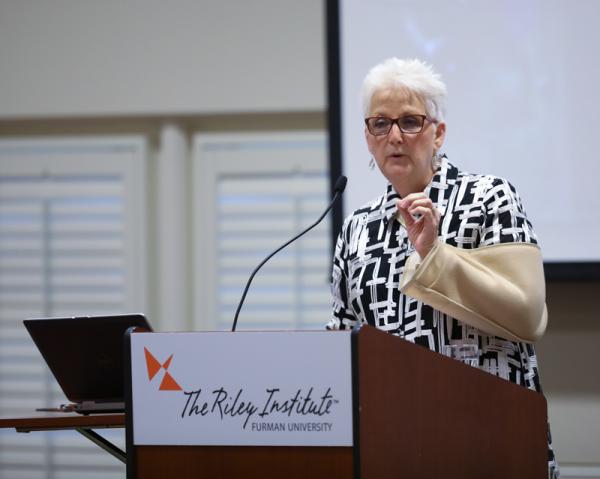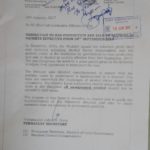Today a public hearing is to take place at the United States Trade Representative (USTR) headquarters in Washington D.C. to help reach a decision on whether Uganda, Rwanda and Tanzania should be penalized for a proposal to ban secondhand clothing and footwear imports from the US.
Kenya managed to reverse the decision having received information that the country would lose its textiles/garments market in the US as provided by the African Growth and Opportunity Act (AGOA) that the US launched to allow a few African countries export mostly finished textiles products to the US, duty-free.
It isn’t clear if the three dissenting countries have sent observers to witness the proceedings in Washington, and this reporter failed to get any Uganda government bureaucrat willing to speak authoritatively on the issue.

However, in the past the US Ambassador to Uganda Deborah R. Malac had warned that Uganda would face AGOA assessment in September this year.
But analysts say Uganda and her two neighbours could be deleted from the list of African countries allowed to export to the US market on a duty/quota-free basis, AGOA.
In March 2016, the EAC presidents agreed to limit secondhand clothings’ importation as one way to support domestic textiles and garment industries, and suggesting a complete ban in the year 2019.
In his 2017/18 budget speech, President Yoweri Museveni said time had come for Uganda to produce its own garments, briefly exhibiting some clothings, shoes and sandals, he said had been manufactured by the Uganda Peoples Defence Forces (UPDF).
Uganda, Rwanda and Tanzania argue that the continued importation of secondhand garments hinders the countries from developing local clothing/foot wear industries, which would further provide jobs to their nationals.
America’s decision to call for public hearing is a result of American firms exerting pressure on government to convince the East African governments to reverse their decision. American companies export most of secondhand clothing to East Africa, and claim that the restrictions cause economic hardship on the US used clothes industry.
The out-of-cycle review will assess the allegations contained within the SMART petition and review whether Rwanda, Tanzania, and Uganda are adhering to AGOA’s eligibility requirements.
In 2016, various Kenyan companies, especially in the textiles and garment sector, exported nearly USD 400 million of merchandise, while combined AGOA exports from Rwanda, Tanzania, and Uganda to the US totaled only US$D43 million in 2016, up from USD33 million in 2015. On the other hand, US exports to Rwanda, Tanzania, and Uganda totaled USD281 million in 2016, up from USD257 million in 2015.
Last month, the USTR agreed to handle the issue and announced the beginning of an out-of-cycle review of the eligibility of Rwanda, Tanzania, and Uganda to receive benefits under AGOA.
To qualify for AGOA trade benefits, countries like Uganda must among others meet certain statutory eligibility requirements such as making continual progress toward establishing market-based economies, the rule of law, political pluralism and elimination of barriers to U.S. trade and investment.
However, African countries say they have not fully benefited from the AGOA arrangements due to terms and are hoping that the US would soften on legislation.








